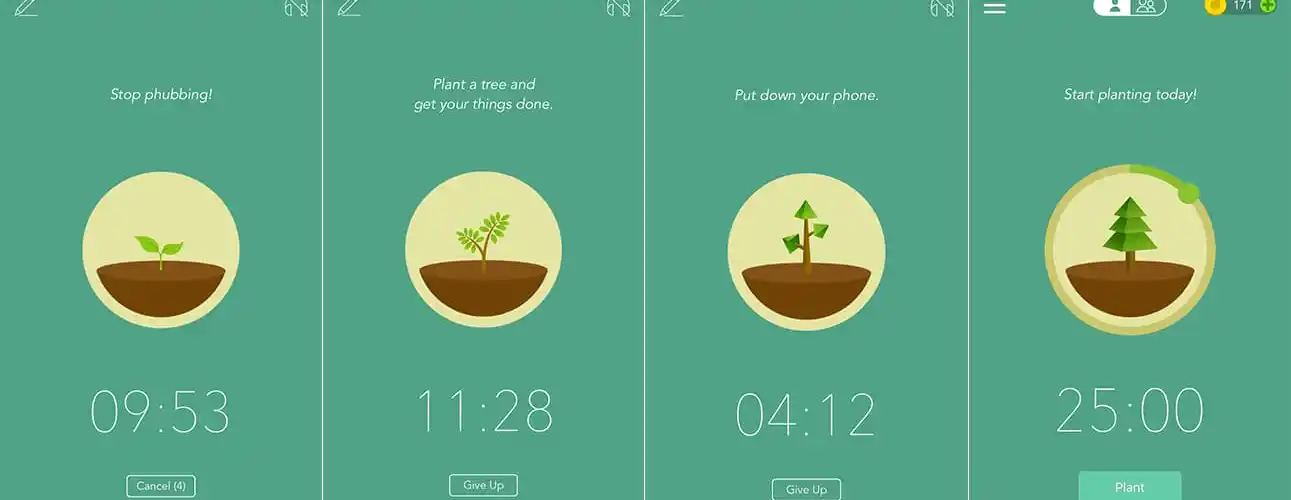How to use topical past papers to help you get an A*

Topical past papers are a great method for preparing for the IGCSE examinations. They allow you to understand how much you know about the particular concept that you are studying and help you understand areas where you could do better. Since topical past papers are a compilation of all the questions that were asked in official IGCSE examinations in the past, there is a chance that the questions asked in the actual examination could be of a similar type. The examiner could have made a slight change to the structure of the question in a way that makes the question slightly different but the core concept on how to solve the question remains the same.
Tackle a set number of questions a day
There is no hard and fast rule on the number of IGCSE topical past paper questions you should be solving in a day. If you have enough time left until your examinations, make sure to set a daily goal and accordingly meet your targets. This disciplined approach is great for improving your concentration as well as gradual understanding of the concepts.
Here is a simple checklist you can use to track this.
| Exam Question Completion Checklist |
|---|
| Exam Name: |
| Date: |
| Total Number of Questions: |
| ------------------------------------------------------------ |
| Question Numbers: |
| [List the numbers of the questions in the exam here] |
| [Example: |
| - [ ] Question 1 |
| - [X] Question 2 |
| - [X] Question 3 |
| - [ ] Question 4 |
| ... |
| - [ ] Question [N] ] |
| ------------------------------------------------------------ |
| Legend: |
| - [ ]: Incomplete/Not Attempted |
| - [X]: Completed |
| ------------------------------------------------------------ |
| Instructions: |
| 1. Mark an 'X' in the box next to each question number |
| as you complete the respective question. |
| 2. Use this checklist to ensure that you have |
| completed all the questions in the exam. |
| 3. Double-check your answers if time permits |
| before submitting. |
| Additional Notes: |
| - If you leave any questions unanswered, make a note |
| of them in the space provided below. |
| - Time management is crucial during the exam, so |
| allocate time for each question accordingly. |
| Unanswered Questions: |
| [Leave space to jot down the numbers of any |
| unanswered questions] |
| [Additional space for any personalized notes or |
| reminders] |
Want to download this checklist as a pdf? Sign up with your email to IGCSE Pro for free and get it sent directly to your email ID!
Track the amount of time it takes you to solve a question
Since the IGCSE examination is timed, it is imperative that you use a timer to track how long on average you are spending for each question. The better you get at knowing how much time it takes you to solve a question, the more aware you will be of how much time you will need to solve upcoming questions. Estimating and calculating the time you spend on questions drives time management skills which go beyond the IGCSEs and can help you in other wakes of life. Not to get too sentimental about this, but you get the point.
Recheck your answers once you are done with a section
This tip is not just for IGCSE topical past papers but rather for the broader IGCSE examination in general, or really any exam you take. It is quintessential that you don't forget to leave some extra time at the end of any section in the IGCSE examination to recheck and make sure your answers are correct. This is a mistake that many students make and is a popular cause for a decrease in grades than what students would usually get. It is very obvious in some ways but use this as a gentle reminder to always check your answers!
Quick check list of things to check:
- Spellings - Self explanatory, but nevertheless important to mention that it is always a good idea to check your answers for any typos.
- Keywords - Have you used all the keywords that are important for the question? Make sure you have so that the examiner can tick that box on the mark scheme and give you a full point.
- Overall answer - Does what you wrote answer the question? Give it a second read to ensure it makes sense. Sometimes a quick skim over the answer for a second time could be helpful in telling if you have truly answered the question and are not missing anything else.
- Diagrams - If you were asked to draw a diagram, make sure it is labelled correctly and is clearly drawn without any particular ambiguities.
- Graphs - Label the axes. Give them names. Specify them in the legend.
Focus is key
When practicing topical past papers for any IGCSE subject, it is important that you stay focused and don't get distracted. How does one stay focused with a billion things around in a connected world? They say, if you can't beat 'em, join 'em.
What I mean by this is to use one of the wonders of the digital world. A focus app!
Forest is a beautifully designed mobile app that makes it a compulsive habit to stay focused and help you achieve your goals while you study. It is very straightforward to use and in a way addictive. Plus you earn points when you successfully complete the task you were supposed to do! (Fyi, no we aren't sponsored by Forest, but simply love the app so much that we had to mention it here!).


Final thoughts on IGCSE Topical Past Papers
Ok, now that you have gone through the sections where we talk about how you should be using IGCSE topical past papers, we want to quickly mention that only solving topical past papers is not going to get you an A* automatically. Please note that it is important to diversify your revision methods to better prepare for your examinations. The IGCSEs keep on evolving ways in which they ask questions, and now with the advent of Artificial Intelligence, we won't be surprised if AI has been used to craft your actual exam paper. Just kidding! There is no news so far from the CAIE so far but the point remains that you need to do more than just topical past papers. Make sure to use our cleverly crafted IGCSE revision notes to expedite your revision process if you are ever stuck on a question! That's about it for now, make sure to sign up to IGCSE Pro if you have not already!



